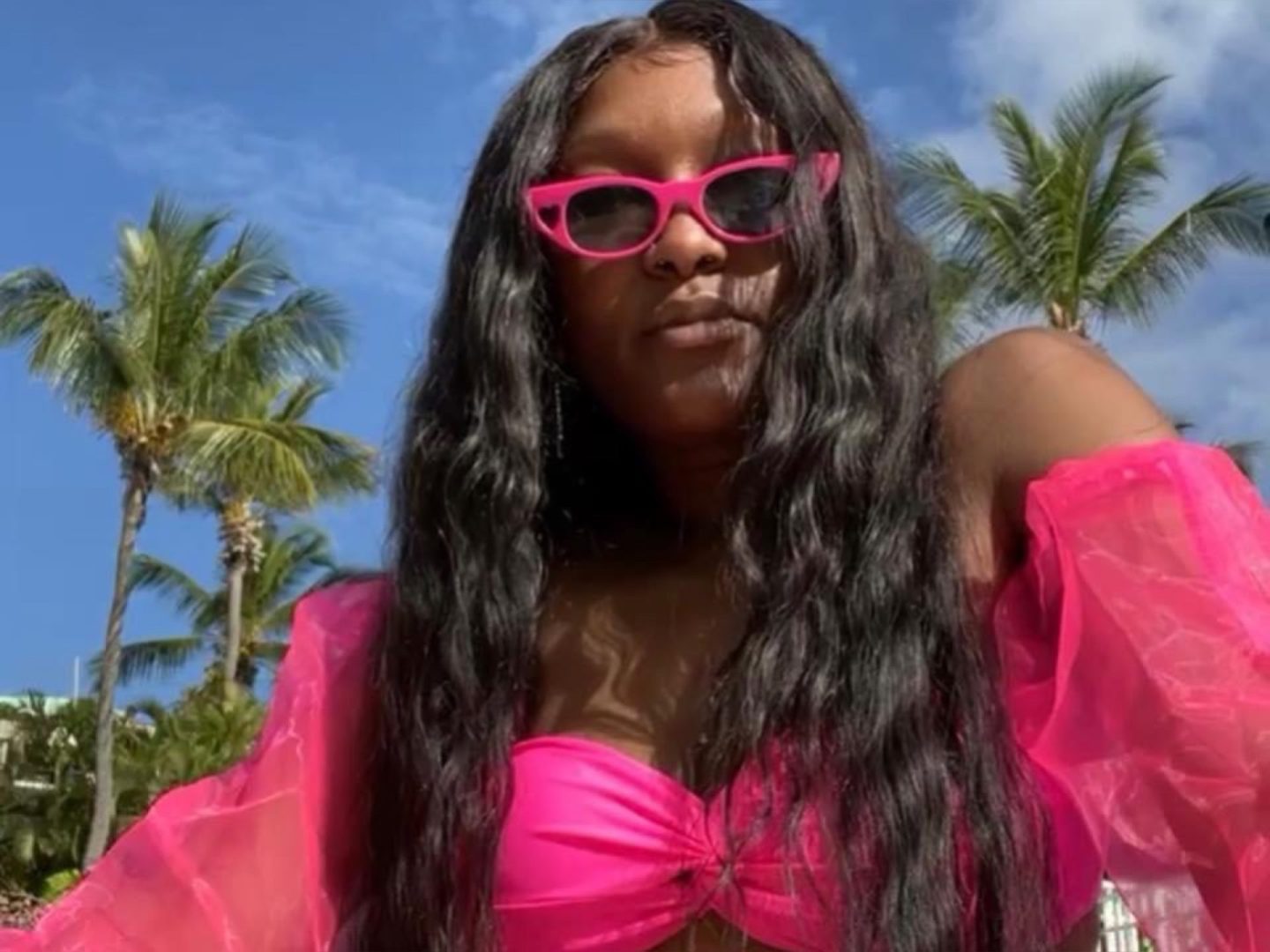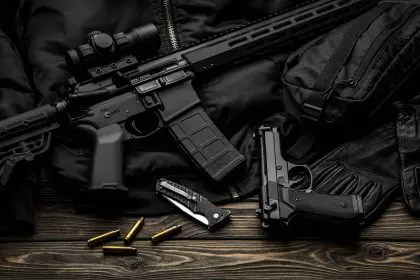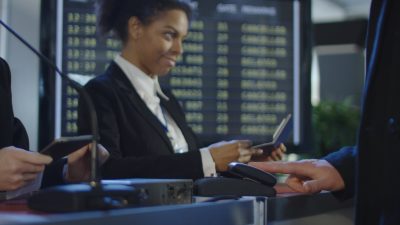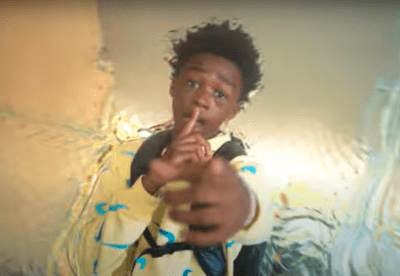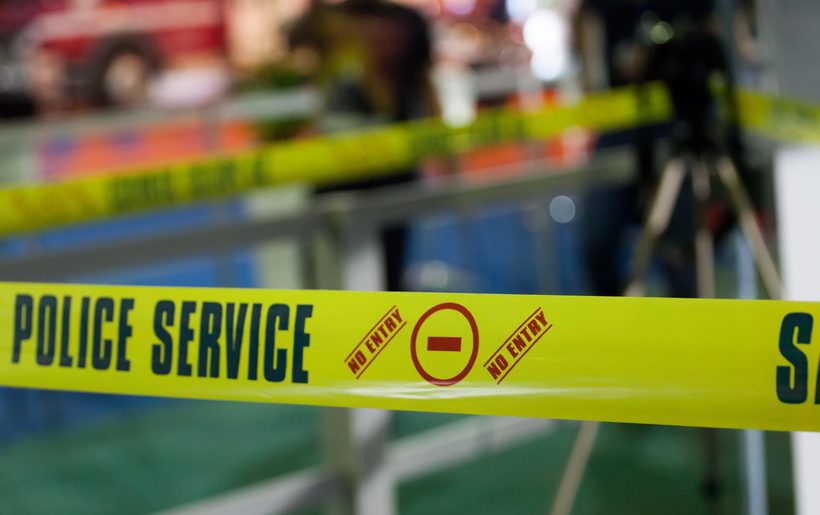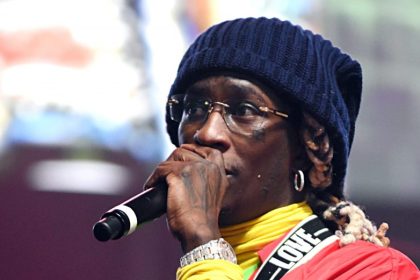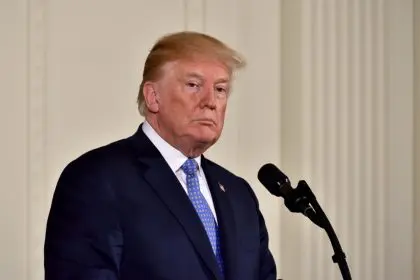In 2014, the Federal Government released a study on sex trafficking indicating Atlanta as the #1 city in America for this crime. Rolling out spoke with FBI Special Agent Joe Fonseca, MATCH Task Force coordinator in Atlanta. MATCH is the acronym for the Metro Atlanta Child Exploitation Task Force. The task force is a multi-agency endeavor that has had a dramatic impact on human trafficking.
How has social media affected the sex industry?
Social media has had a tremendous impact on the sex industry. The internet has created the cyber street corner. People can easily approach kids on Twitter, Facebook, Instagram and other websites anonymously. Before these kids know what is happening, they are caught up in a life on the street having been lured by men and women they have never met.
Are strip clubs a problem when it comes to sex trafficking?
Not as much as the public wants to believe. We hear of some women who have worked in an adult club while they are being trafficked but most do not do both.
What is your team’s main focus now?
The same as it always has been—recover children who are sexually exploited for commercial gain and to prosecute those responsible for exploiting them.
Do you employ forensic psychologists? How does this help?
The FBI does have a number of child forensic examiners who assist in high profile cases and many of the more difficult cases due to their extensive training and experiences. Also, many of the MATCH Task Force detectives are trained child forensic examiners. Of course, after interviewing hundreds of children involved in the commercial sex trade, your skills become greatly enhanced.
What are some of the roles undercover agents play? What dangers have they faced?
[Undercover] Agents put their lives on the line each time they make a date for sex. Girls could easily have guns, knives or tasers —which they have had. The girls also have pimps nearby who routinely come to the room looking for the girls after they have been arrested and they often are carrying guns and or [they] are wanted. The roles vary and are kept confidential.
What has been your team’s greatest victory?
During Operation Intentional Foul, a sting conducted over four days during last year’s Final Four basketball tournament in Atlanta, we recovered seven juveniles, arrested five pimps and disrupted their criminal prostitution enterprise.
What has been its worst defeat?
Thankfully, we have not lost a court case. Losing kids back to the street is the worst defeat we can encounter, however, and that unfortunately does happen for many reasons beyond our control.
In your opinion, is your team making an impact in Atlanta? If so, how and what metrics do you use to measure the impact?
The MATCH task force has grown from five police departments in 2007 to 14 organizations actively participating in the recovery of children and prosecution of subjects today. From 27 children recovered in 2011 to 45 in 2012, and 71 last year, we steadily recover more children each year. We have had nine federal convictions and many local convictions working together with our partners in the past three years alone. We are definitely making a difference in Atlanta.
In closing, what would you like to say to our readers about your organization?
Sexual exploitation of children doesn’t happen in a bubble that floats above our head and out of reach to pop. If you stay at a hotel and you see girls that have a lot of men spending 30 minutes or so in a their room or you simply notice people that just don’t look right—an older male with a much younger female—and they don’t appear to be related, don’t be afraid to say something.
Call the human trafficking hotline; mention it to a police officer you see. The bottom line is to become aware and involved in what goes on around you. Surprisingly, prostitution [and exploitation] happens right in front of us. We just need to open our eyes.


